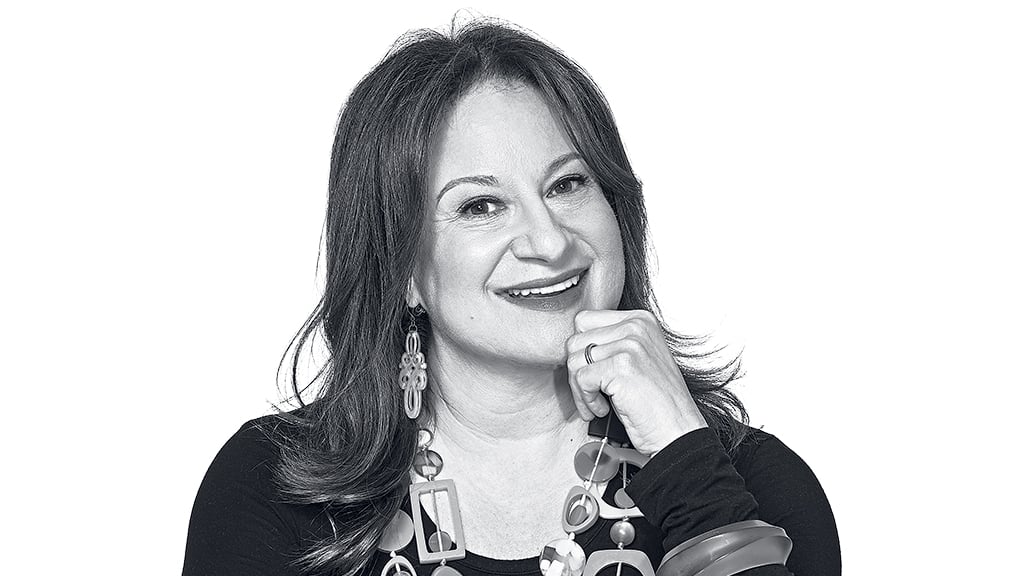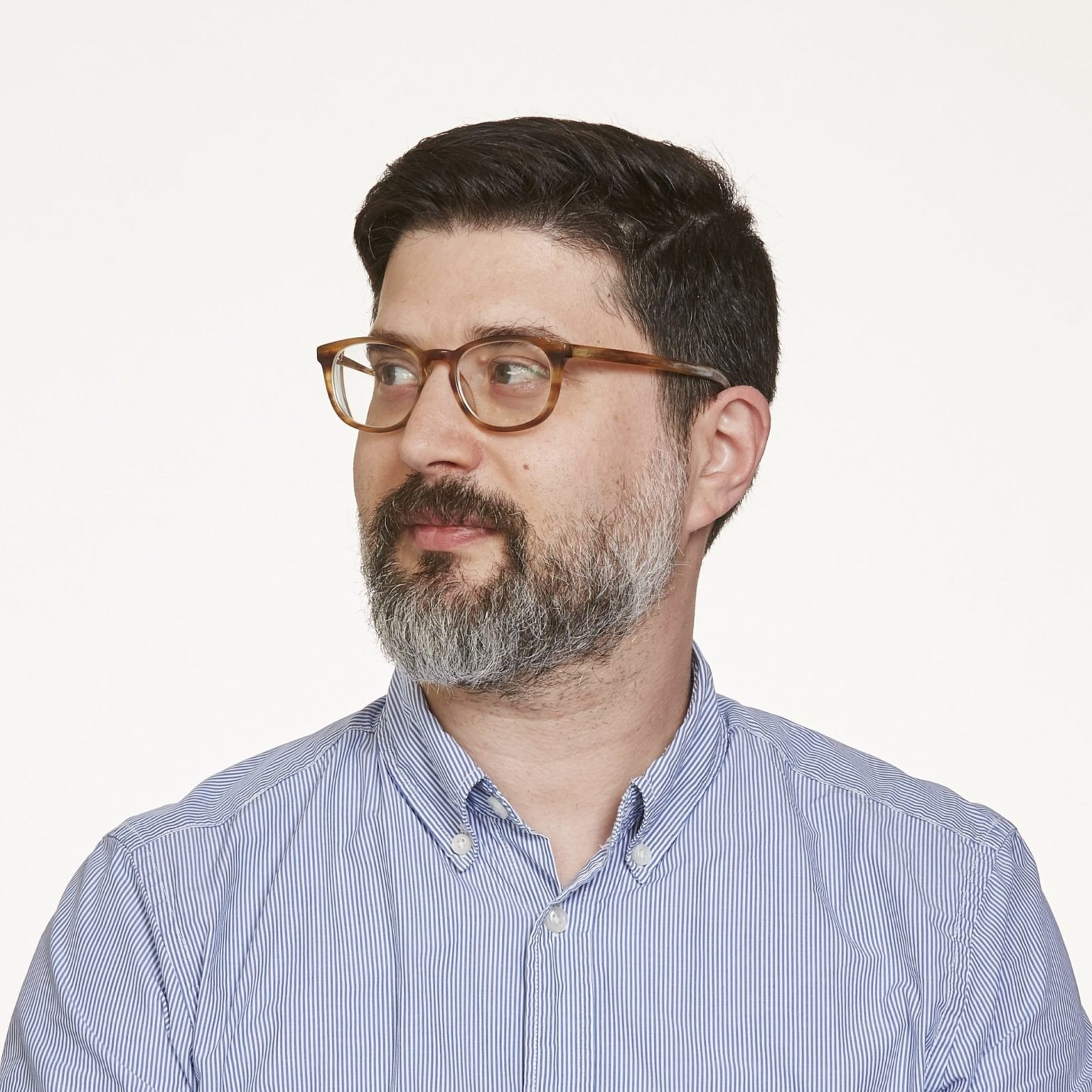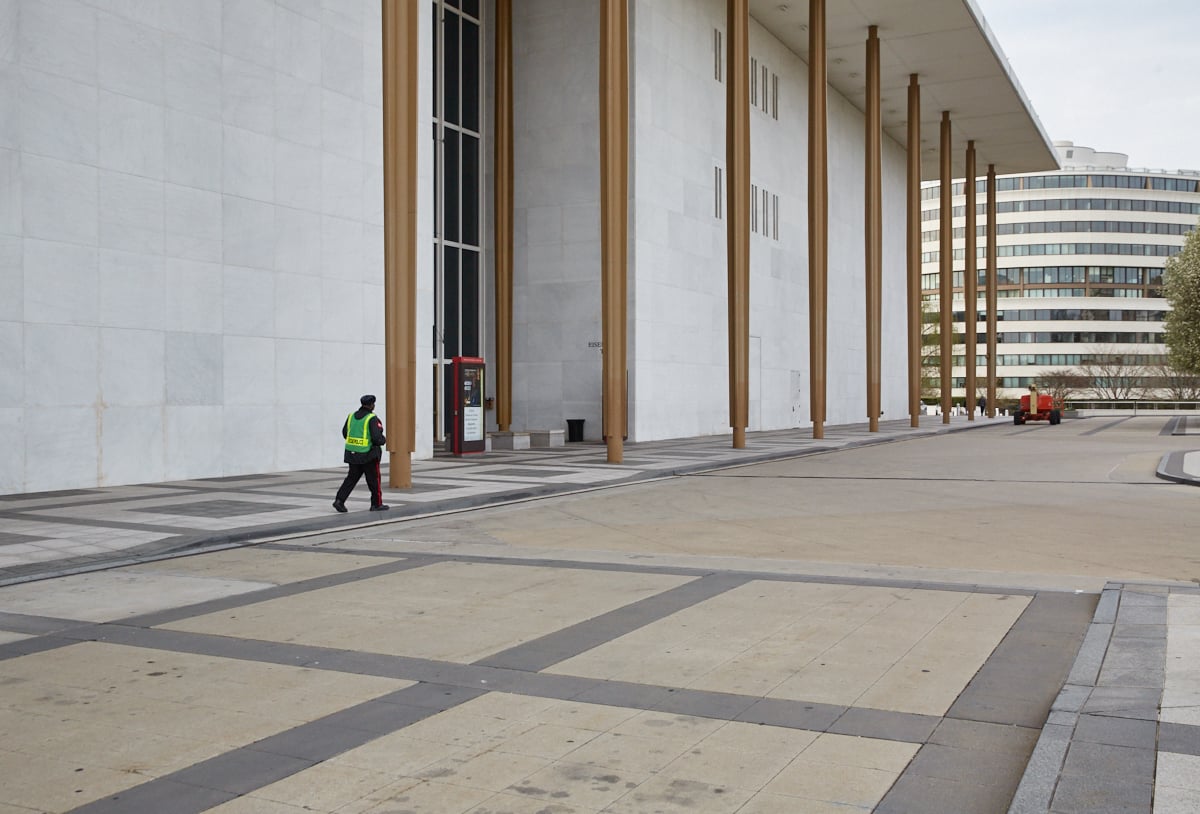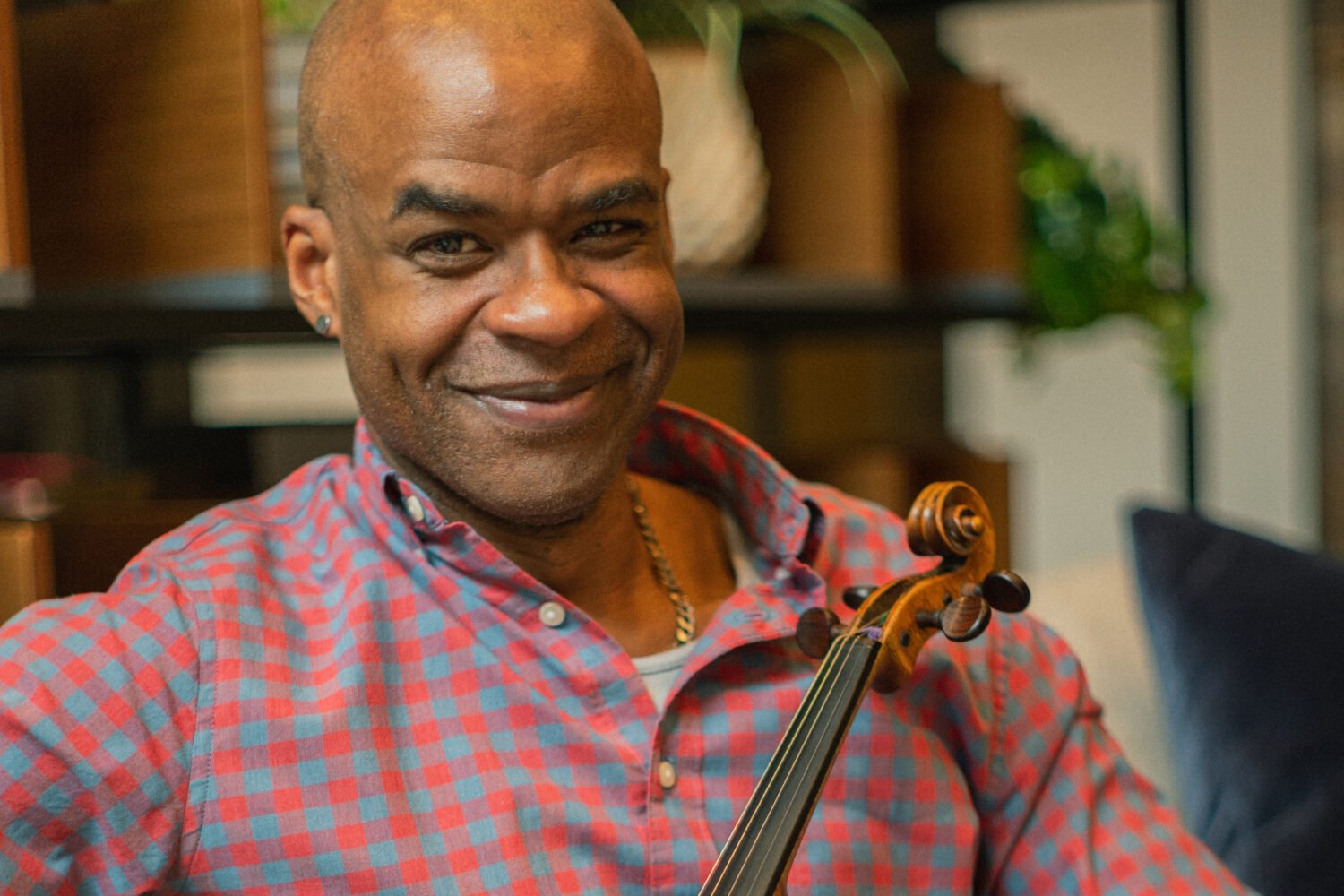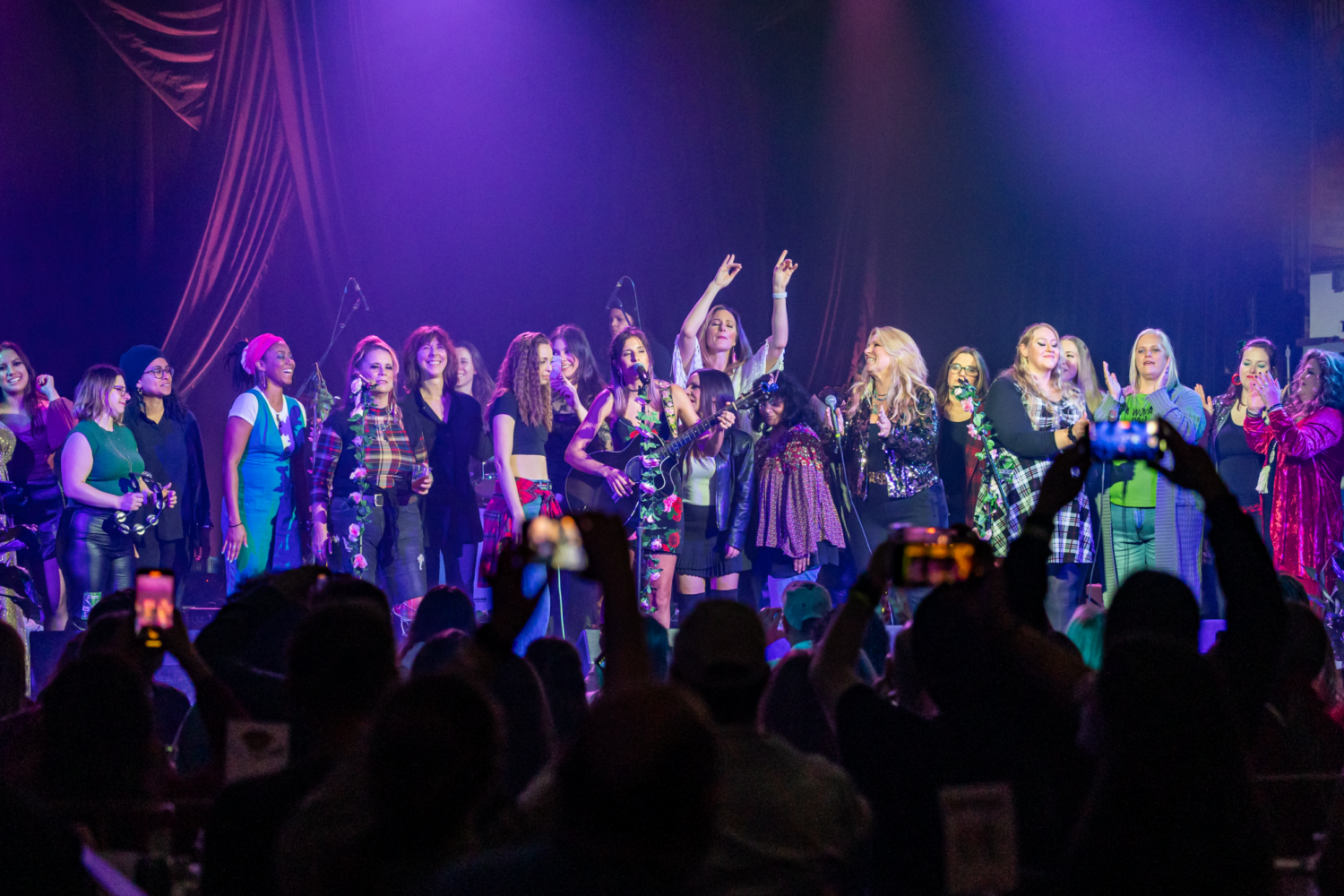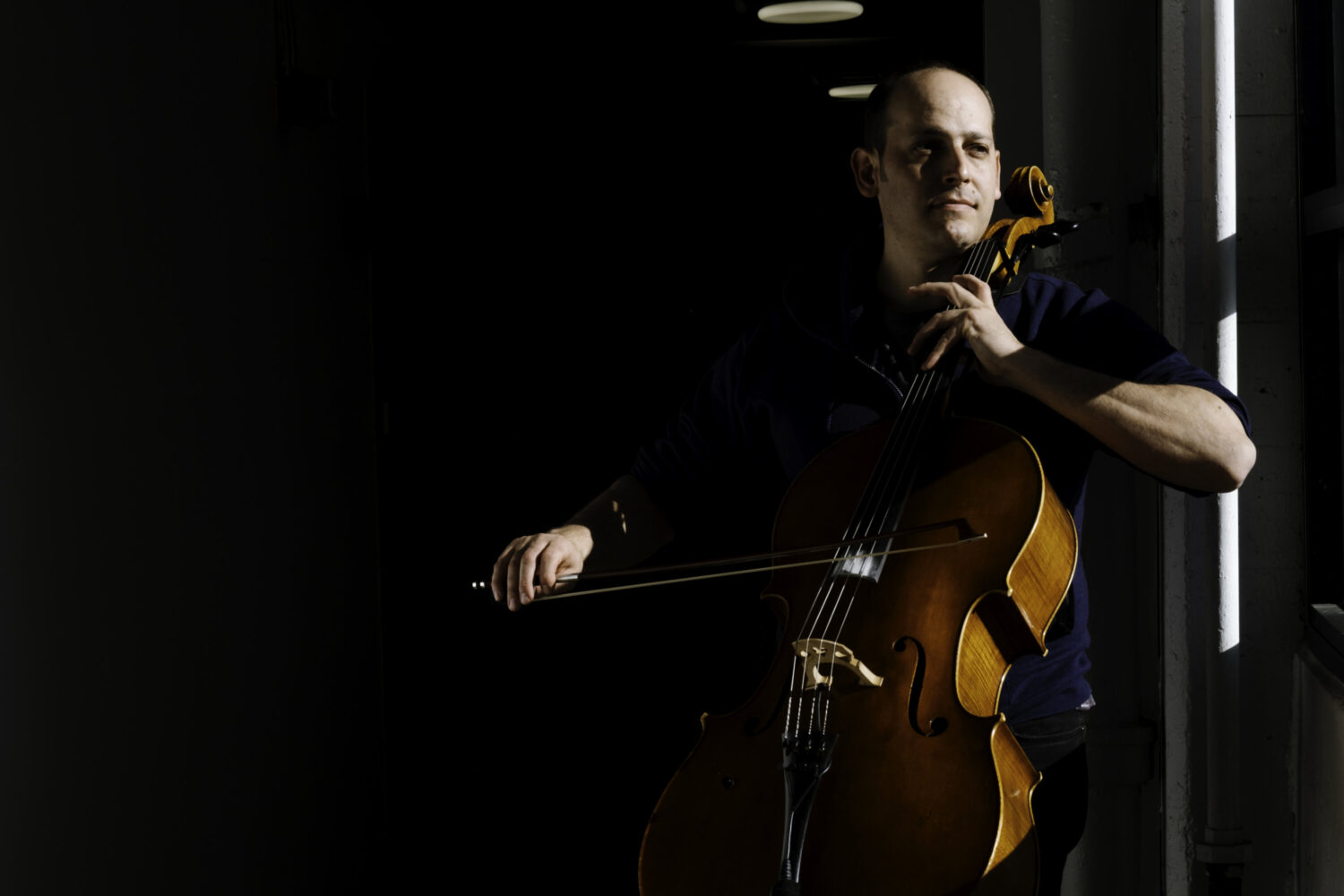When the coronavirus started to shut down DC, music presenter Washington Performing Arts was forced to cancel concerts and move its annual gala online. In the middle of all of that, its president and CEO, Jenny Bilfield, had to simultaneously pull back and start thinking about the future. This week, the organization announced the outcome of that thinking: an innovative, fully online season that will offer unique performances from major artists such as András Schiff and Joshua Bell. The process of putting it all together has been both wrenching and exciting, as Bilfield explained when we recently caught up with her on the phone.
When did you realize that the virus was going to radically disrupt what you do?
At the very beginning, we had this big gala in March and we made the pivot with the gala [to an online event]. As it became clear that the virus was escalating and that there was so little known about what might happen down the line, we pivoted from thinking about this as as six-month or nine-month challenge to really a much more consequential challenge. Rather than plan, sell, market, and [then have to potentially] reschedule, refund, go through that whole process, which is incredibly costly and labor-intensive, we decided to rethink how we looked ahead. The possibility of not having live performances was a painful one to consider. But we recognized that we could either become a sort of clearinghouse for ticketing and ticket refunds, rescheduling, refunding, all of that, or we could come up with some sort of hybrid model that would allow for the experience of great artists that we believed in, in a digital domain with good acoustics and good visuals and all that.
You’re someone who has devoted much of your life to live performance. Watching that crumble, what did that feel like? It must have been pretty intense.
Oh, well, it was. There was just this gut-wrenching despair that I felt. I had this moment where I said to my husband, “I have to figure out how to solve this.” He said, “What do you mean, for Washington Performing Arts?” I said, “No, I have to figure out how to solve this.” He said, “You can’t fix this for the entire industry.” But I felt the weight of trying to be a good, honest broker with our patrons, with our artists, and to figure out a way around this. And it was gut-wrenching.
I went from moments of real clarity and direction to grieving what we weren’t able to do. We have friends, colleagues, people in our life who are seeing everything vaporize, and I felt as though I had a clock ticking. There was this pressure to be creative and to find a direction that perhaps might be viable for other organizations, but also to be really honest so that we’re not propping up something that we can’t deliver.
I also felt the huge responsibility of being an organization leader, because staff were looking at me and my board expected me to be honest and prudent as well as represent the mission of the organization. I felt like I was holding a lot of hopes and concerns very close. Every day required the focus and energy of big-problem solving over a long period of time with a great deal of consequence for a lot of people. And I felt that in every bone and cell of my body. I mean, it’s taken a lot of emotional and physical energy. I can’t understate that. No matter how resilient you are as a leader, this tests every fiber.
So you had to choose between putting together a traditional season—knowing that there was a good chance you’d have to cancel—or trying to make this online idea happen?
I would say we never even considered proceeding with the season. We took that off the table from the very beginning. We tried to figure out what we would be able to afford to do, recognizing that a digital approach would have digital-subscription revenue and that would never even begin to come close to in-person ticketed revenue. We had to look at what we thought we could raise to support this philanthropically. We can look at these challenges from the vantage point of what we’ve lost with a mindset of scarcity. Or we can look at them from what we believe we can do and from the vantage point of abundance. And I make that statement not to be glib; people are very deeply hurt by this. But there are things that we can do that will sustain vitality through this period. I’m unabashed about the recognition that we have to do less, we have to be leaner, we have to think differently. It’s not just a question of cutting things; it’s a question of re-conceiving them. And that’s what we’ve done.
So this online season is being funded more from donations than from ticket sales.
Yeah, definitely. Philanthropy has always been a bigger piece of our revenue, so for organizations that rely very heavily upon transaction revenue—ticket sales—they will have a different response to [the crisis] than we do. We’re not maintaining a [concert venue that they own], so that gives us a certain amount of freedom.
Did you watch the Sondheim birthday tribute and Met Opera Gala, which streamed on back-to-back nights in April?
I did!
That was the first time I realized these streaming events could be really powerful in their own right.
I thought all of that was incredibly exciting, because people had fun with it. A silver lining is that the pageantry behind performance, while it has a sentimental and poetic place in our performance-going—there’s been something so powerful and humanizing about artists transcending all of the challenges and the fears and the vulnerabilities and inviting the public into their home studios—you know, with scruffy beards and out-of-tune pianos—to show that they are continuing to work and continuing to seek the warmth and connection to the rest of the world. There’s an opportunity to be real and pragmatic and say, “You know what? These are the ways it’s going to work. This is how we’re going to be in this new world,” and to lean into that and own it.
What’s been the response from artists as you’ve started to go out to them with this idea. Were there some who weren’t into it?
It’s interesting: At the beginning of the conversations there was a lot of resistance to considering the possibility that live performance might be curtailed for a period or that venues would close next season. Because we were at the middle point of March, April, and many just couldn’t get their heads around things looking different. It was kind of like, well, by the summer things should be better. There was no medical or health data to back this up, but people needed to think in terms of digestible periods of time in their planning. There were some artists who then and still were not in the mindset to think about doing their work differently than they’ve always done it. So this new format isn’t something they feel comfortable with.
On the other hand, artists who are coming to terms with how they can continue to work are open to many more ways of working. As we took artists and their managers through this approach, we recognized that they would be taking this journey with us and helping us create a new way of presenting. Down the line, if there’s a vaccine, I don’t know that every artist is going to want to participate in this way, having their work exclusively streamed. But we’re excited that so many do. And there are more artists interested in doing this than we were able to accommodate, so it’s good to know that there’s increased openness to thinking more broadly.
Not to get too abstract, but what do you think that music and the arts have to contribute right now at this time of crisis?
Oh, I don’t think it’s abstract at all. So many important moments in history have been captured by artists. I think the arts show that there’s resilience. There is every obstacle to creating art, and yet art is being created and art is being shared. It’s being done by both professionals and amateurs, by people in their homes in ways that you never would’ve expected it would thrive. Art is a portal into how we’re experiencing this.
This interview has been edited and condensed.

